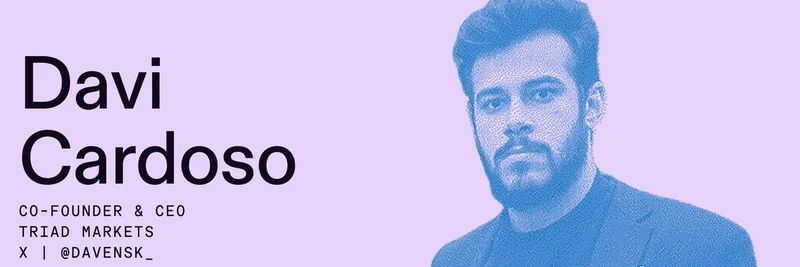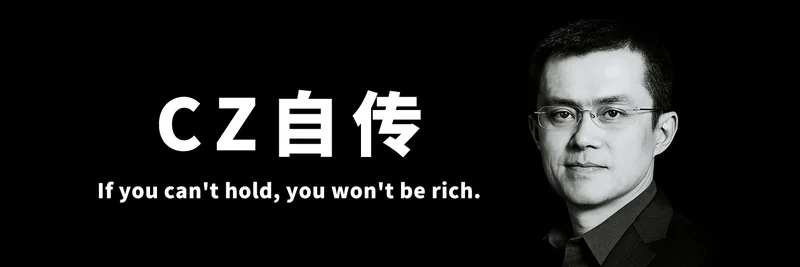Hey there! Have you ever wondered if something like blockchain—the tech behind cryptocurrencies like Bitcoin—could one day replace or expand beyond traditional systems like common law or the U.S. Constitution? That’s the intriguing idea sparked by a tweet from jessepollak on June 25, 2025. He retweeted Balaji Srinivasan, a big name in tech, who suggested that blockchain could scale globally, outpacing the limits of older governance systems. Let’s break this down and see what it means!
What’s the Big Idea?
Balaji’s tweet hints at a vision he’s been cooking since 2013 with his "Silicon Valley's Ultimate Exit" concept. The idea? Use blockchain to decentralize governance—think of it as a global rulebook that anyone can join, not just Brits under common law or Americans under the Constitution. Common law, by the way, is a legal system built on court decisions and traditions, mostly rooted in the UK. The Constitution, meanwhile, is the backbone of U.S. law. Both work great but are tied to specific places and people. Blockchain, with its decentralized nature, could theoretically go worldwide. Cool, right?
Why Now?
This tweet comes at a spicy time. Since June 2025, big players like Fannie Mae and Freddie Mac have started accepting cryptocurrencies as assets for mortgage risk assessments. This shift ties into President Trump’s push to make the U.S. a crypto hub, a reversal from the 2023 SEC crackdown on Coinbase’s staking program. It shows the world might be warming up to blockchain’s potential beyond just digital money.
Can Blockchain Really Scale That Far?
Here’s where it gets tricky. Blockchain’s ability to handle massive global use is still a work in progress. Think of it like a busy highway—too much traffic, and it slows down. Solutions like Layer 1 (changes to the main blockchain, like Solana) and Layer 2 (add-ons like Arbitrum that lighten the load) are being tested. But there’s no long-term data yet to say if they’ll hold up. Scalability—making blockchain fast and secure for everyone—is the holy grail, but it’s not there yet.
What Does This Mean for Us?
If blockchain governance takes off, it could mean a future where laws and rules aren’t just set by governments but by a global network. Imagine voting on rules with crypto tokens or settling disputes via smart contracts (self-executing agreements on the blockchain). It’s a bit sci-fi, but the foundation’s being laid. Still, experts haven’t fully agreed on how practical this is—more research is needed!
Wrapping Up
This tweet from jessepollak and Balaji Srinivasan opens a fascinating door. Blockchain might just be the next step in how we govern ourselves, building on—or even beyond—systems like common law and the Constitution. With 2025 bringing new crypto-friendly policies, it’s an exciting time to watch. What do you think—could blockchain really go global? Drop your thoughts below!



